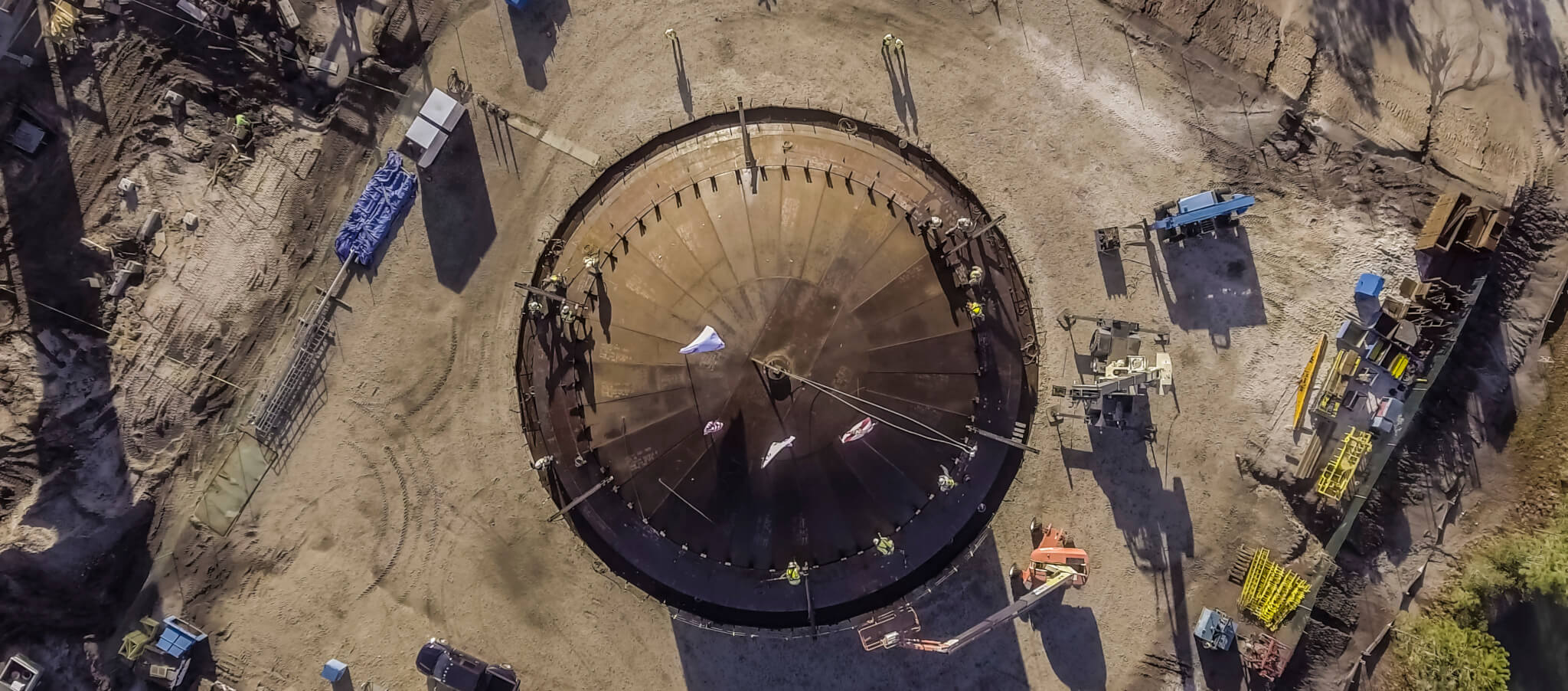Three Features of an EPC Contract You Need to Know
Engineering, procurement and construction (EPC) is an essential part of large-scale infrastructure construction today. Yet many are confused about what an EPC contract entails. While we won’t delve into the nitty-gritty of EPC here, there are a small number of critical components of an EPC contract you need to know as listed below.
- Turnkey
- Agreed upon date of completion
- Contracting type
The first involves turnkey construction. “Turnkey” means a completed product is ready for immediate use. And that’s why an important part of EPC contracts involves the passing of keys to the developer. For this reason, sometimes EPC contracts are called turnkey contracts. Under the terms of an EPC contract, a contractor provides a fully outfitted facility that is generally ready for operation upon completion. In addition to their turnkey nature, EPC contracts also include a fixed price and an agreed upon date of completion so there are minimal surprises throughout and at the end of the project.
To recap: when it comes to EPC projects, there is most often a single point of contact — the EPC contractor. The EPC contractor is responsible for the engineering, procurement and construction of a facility by a certain date and under contract terms.
